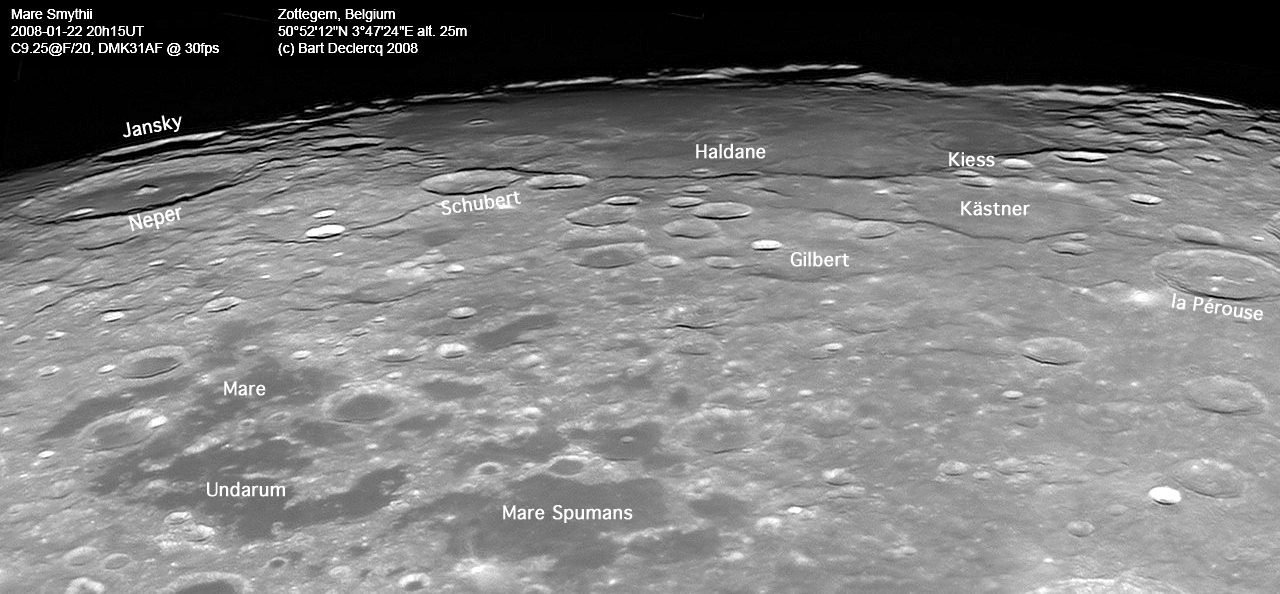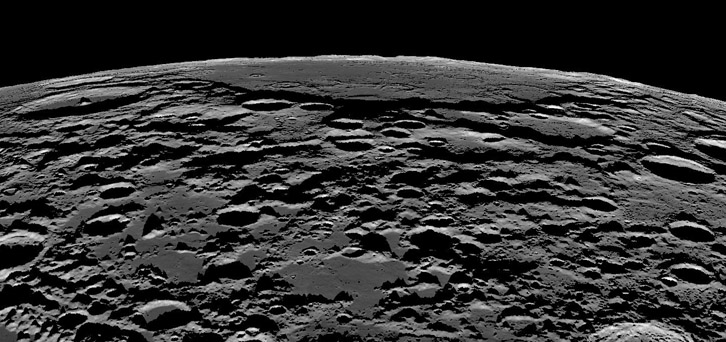Difference between revisions of "April 20, 2011"
| Line 3: | Line 3: | ||
<!-- ws:start:WikiTextHeadingRule:0:<h1> --> | <!-- ws:start:WikiTextHeadingRule:0:<h1> --> | ||
<!-- ws:start:WikiTextLocalImageRule:6:<img src="/file/view/LPOD-Feb25-08.jpg/34852215/LPOD-Feb25-08.jpg" alt="" title="" /> -->[[File:LPOD-Feb25-08.jpg|LPOD-Feb25-08.jpg]]<!-- ws:end:WikiTextLocalImageRule:6 --><br /> | <!-- ws:start:WikiTextLocalImageRule:6:<img src="/file/view/LPOD-Feb25-08.jpg/34852215/LPOD-Feb25-08.jpg" alt="" title="" /> -->[[File:LPOD-Feb25-08.jpg|LPOD-Feb25-08.jpg]]<!-- ws:end:WikiTextLocalImageRule:6 --><br /> | ||
| − | <em>image by [mailto:bart.declercq@gmail.com | + | <em>image by [mailto:bart.declercq@gmail.com Bart Declercq,] Zottegem, Belgium</em><br /> |
<em>This is a classic LPOD from Feb 25, 2008 - see update below</em><br /> | <em>This is a classic LPOD from Feb 25, 2008 - see update below</em><br /> | ||
<br /> | <br /> | ||
| − | Floor-fractured craters (FFC) occur in ones and twos around the edges of most maria - Posidonius, Sabine/Ritter, Taruntius, Gassendi, Pitatus, etc. But in a few places they are in larger groups. One such area, hard on the eastern limb, is within Mare Smythii. In Bart's excellent image we see all the way across the mare in which 6-8 large craters are floor-fractured. Only Haldane and Kiess are labeled, but most of the other named features have concentric fractures on their floors, and many have erupted pyroclastic ashes. Another place with a concentration of FFC is on the opposite limb of Moon, in the Lavoisier-Gerard region. What these two areas have in common is shallow thicknesses of mare lavas, but there must be more than that for concentric fractures and ash do not occur at most of the craters around mare edges. We have reasonable [http://www.lpod.org/cwm/DataStuff/ffc.htm | + | Floor-fractured craters (FFC) occur in ones and twos around the edges of most maria - Posidonius, Sabine/Ritter, Taruntius, Gassendi, Pitatus, etc. But in a few places they are in larger groups. One such area, hard on the eastern limb, is within Mare Smythii. In Bart's excellent image we see all the way across the mare in which 6-8 large craters are floor-fractured. Only Haldane and Kiess are labeled, but most of the other named features have concentric fractures on their floors, and many have erupted pyroclastic ashes. Another place with a concentration of FFC is on the opposite limb of Moon, in the Lavoisier-Gerard region. What these two areas have in common is shallow thicknesses of mare lavas, but there must be more than that for concentric fractures and ash do not occur at most of the craters around mare edges. We have reasonable [http://www.lpod.org/cwm/DataStuff/ffc.htm models] to explain how FFC formed, but what we don't know is why they formed where they did.<br /> |
<br /> | <br /> | ||
<em>Chuck Wood</em><br /> | <em>Chuck Wood</em><br /> | ||
| Line 15: | Line 15: | ||
<strong>Related Links</strong><br /> | <strong>Related Links</strong><br /> | ||
Rükl plates 38, 49, III & IV<br /> | Rükl plates 38, 49, III & IV<br /> | ||
| − | A lower Sun [http://www.lpod.org/?m=20070113 | + | A lower Sun [http://www.lpod.org/?m=20070113 view]<br /> |
| − | A slightly higher Sun [http://www.lpod.org/?m=20061206 | + | A slightly higher Sun [http://www.lpod.org/?m=20061206 view]<br /> |
| − | Bart's lunar [http://bartcentral.dommel.be/Astronomy/Moon/index.html | + | Bart's lunar [http://bartcentral.dommel.be/Astronomy/Moon/index.html website]<br /> |
| − | Apollo 15 [http://apollo.sese.asu.edu/LIW/20080205.html | + | Apollo 15 [http://apollo.sese.asu.edu/LIW/20080205.html view]<br /> |
<br /> | <br /> | ||
<strong>Update</strong><br /> | <strong>Update</strong><br /> | ||
Revision as of 16:33, 11 January 2015
Out On a Limb

image by Bart Declercq, Zottegem, Belgium
This is a classic LPOD from Feb 25, 2008 - see update below
Floor-fractured craters (FFC) occur in ones and twos around the edges of most maria - Posidonius, Sabine/Ritter, Taruntius, Gassendi, Pitatus, etc. But in a few places they are in larger groups. One such area, hard on the eastern limb, is within Mare Smythii. In Bart's excellent image we see all the way across the mare in which 6-8 large craters are floor-fractured. Only Haldane and Kiess are labeled, but most of the other named features have concentric fractures on their floors, and many have erupted pyroclastic ashes. Another place with a concentration of FFC is on the opposite limb of Moon, in the Lavoisier-Gerard region. What these two areas have in common is shallow thicknesses of mare lavas, but there must be more than that for concentric fractures and ash do not occur at most of the craters around mare edges. We have reasonable models to explain how FFC formed, but what we don't know is why they formed where they did.
Chuck Wood
Technical Details
See image. Enhancement and nomenclature by CAW.
Related Links
Rükl plates 38, 49, III & IV
A lower Sun view
A slightly higher Sun view
Bart's lunar website
Apollo 15 view
Update
Maurice Collins emailed that there was a good libration for Mare Smythii on April 19 but it was on the wrong side of the terminator. Bart's image (above) shows what was missed, and Maurice used LTVT and the LRO altimetry data to depict the exact libration for last night (below).




